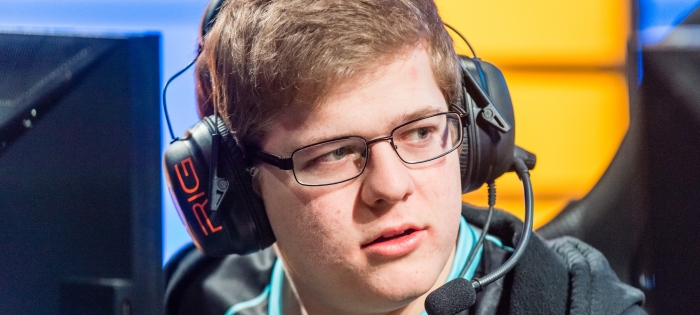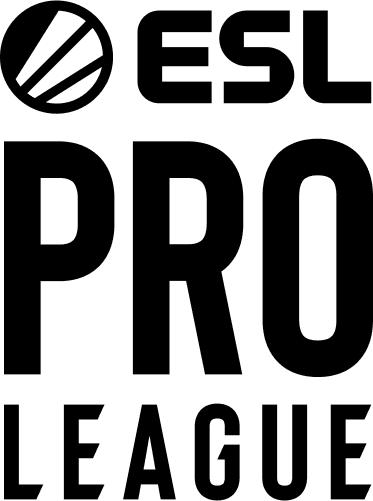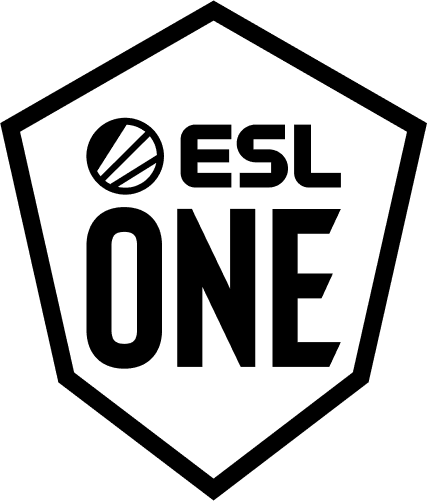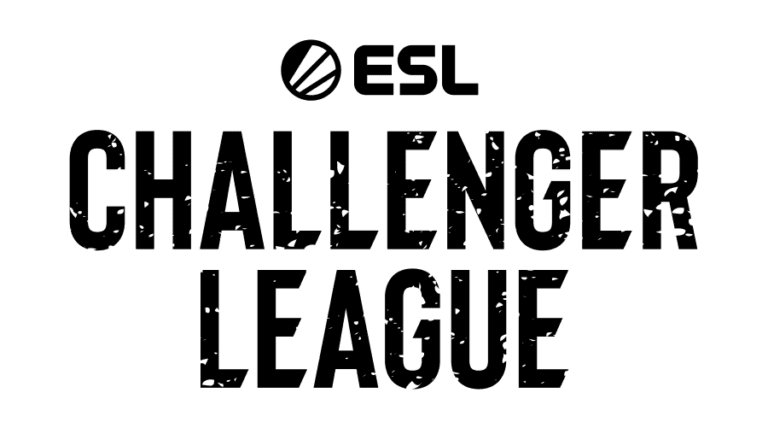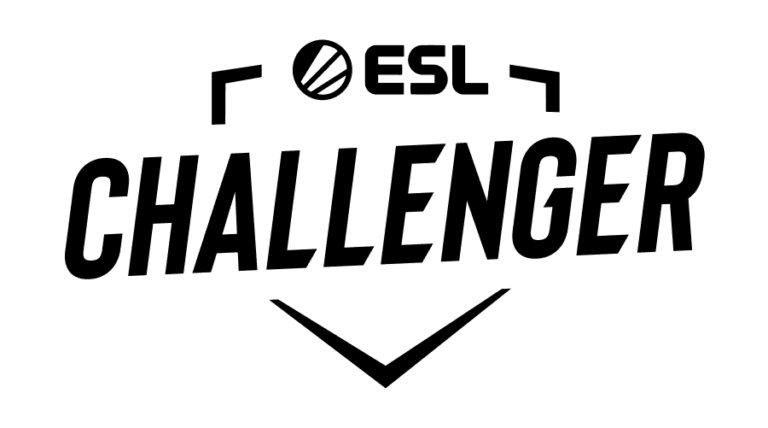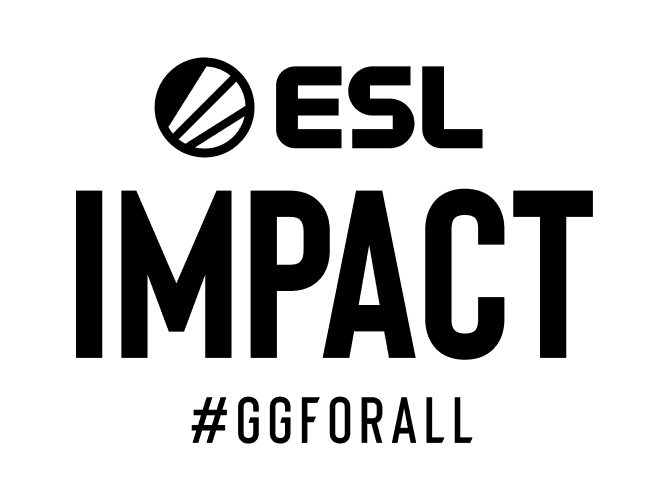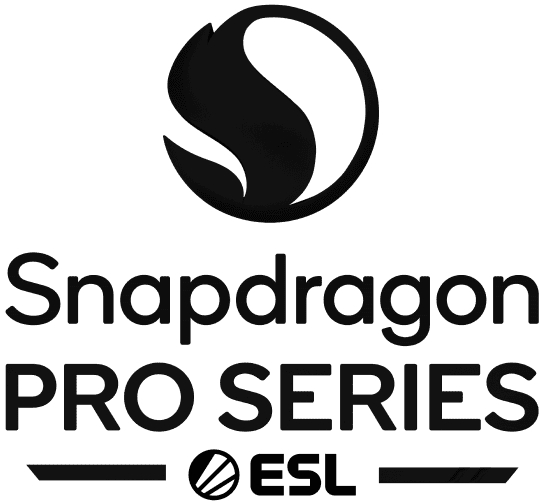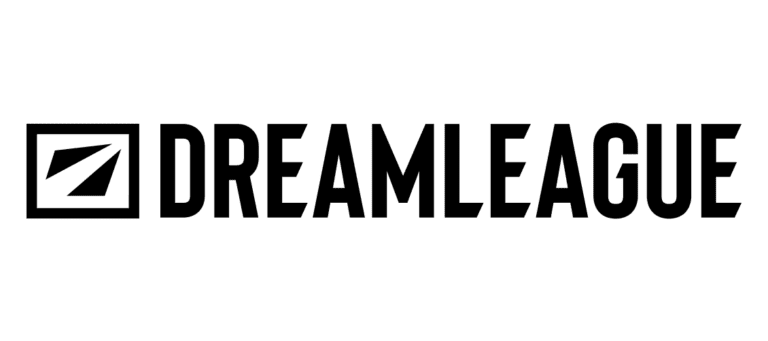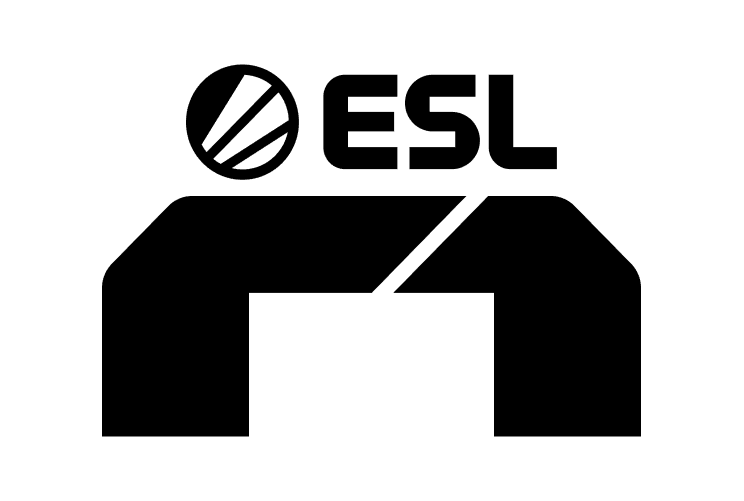Last Wednesday saw Zach ''Nien'' Malhas, the top laner of League of Legends team Counter Logic Gaming, step down after an extended period of underperformance. One of the reasons he cited for his departure was the overwhelmingly negative community feedback he experienced in the last few months. It's not the first and definitely not the last time an eSports personality has experienced difficulties in facing their fanbase. After seeing Malhas, an otherwise headstrong and respectable player, unexpectedly succumb to the pressure, I decided to take a look at the light and dark sides of social media in eSports. Although it's a subject that's relevant to everyone who's professionally involved in eSports – journalists, writers and commentators included - I will narrow it down to how it applies to professional players in particular.
Changing times
Community input in eSports has traditionally been prominent because of the firm integration of social media. Public perception is less influenced by more politically correct, bona fide pundits and more by the volatile masses that are the Twitter and Reddit communities, products of a new generation. It's less time-consuming and risky to be vocal nowadays and the pitchforks are more dictated by the erratic tides of social media than established commentators or writers.
Competitors in eSports are more involved in social media for several reasons. Community interaction has historically proved itself to be essential in building up the much-needed fanbase required to generate the revenue needed to keep an eSports career going. Despite the growing lucrativeness of eSports thanks to increasing accessibility to sponsors and the general growth of competitive gaming, the critical role of social media has by no means weakened. Sponsors demand promotion and organizations rightfully expect their players to support their brand in public. More often than not, this results in a cheerful exchange of pleasant banter that profits all parties involved. Sometimes, however, it takes a turn for the worst and players encounter what's arguably the most intense hardship the internet has to offer: merciless feedback.
The flip side
The problem with sharp and unjust criticism is that it's something that doesn't tend to make much of an impact until the most opportune moment, the moment during which a competitor is already shaky or lacking in confidence. It's less than unfair to assume that an already despondent player is able to remain resilient against a barrage of jibes and ridicules at times like that - it's a vicious circle that's hard to break.
Sure, unreasonable criticism and trashtalking are phenomena that are also seen in traditional sports. Fans will always be expressive when it comes to their opinions, regardless of how informed or uninformed they may be. Sportsmen are expected to be able to deal with this if they choose to be interactive. Crucially, traditional sports leave more room to refrain this level of interaction. Most of the older generation of sportsmen don't even know what an AMA is and no one's living under the assumption that they do. This demonstrates another essential difference between traditional sports and the eSports world: in eSports, social media experience is pretty much expected and a thick skin is seen as something every young media enthusiast ought to have.
Nien is not the first player who's had to deal with criticism over an extended period of time. The discussion is usually reignited whenever a more established personality attempts to call the community out for its hostility. The debate tends to die off quickly as soon as the next bit of news comes around. The tentative conclusion seems to be that, when it comes down to it, it's pretty much impossible to change the attitude of the masses, and that the only solution to the internet's adversities is to not face them at all, a step several professional players have already taken.
@Wickdlol @Richard_A_Lewis In general the community should be more grateful that pro players are interacting with it unlike real sports
— Marcel Feldkamp (@CLG_dexter) February 10, 2014
A new direction
One can wonder whether this is the right approach to the issue. Admittedly, unorganized masses of people are not inclined to change their minds and attempts at debating the topic tend to have a rather poor return on investment. Teams have been taking steps to professionalize their social media interaction down to a less intimate level. One-on-one interactions have made way for interviews and unilateral statements, which allow the players to preserve their public image while retaining their grit and professional integrity. Nien's departure, while only partially caused by community feedback, was the umpteenth instance of fan feedback contributing to the undoing of a professional player's career. As per usual, the occasion gave rise to an internal community discussion on the desirability of its own attitude, only for the subject to fall into disparity and eventually perish and remain ineffectual. Slowly but surely, however, eSports is starting to head to a point where the issue becomes less impactful, this signified by an increasing number of professional players attempting to keep a distance between themselves and their fans.
@CLG_dexter @Wickdlol @Richard_A_Lewis no you should be grateful the community cares about us, if you dont want to interact ill take ur fans
— Michael Santana (@dignitasQtpie) February 11, 2014
Fan interaction has been one of the more defining aspects of eSports culture in the course of its growth. The accessibility to pro players' opinions and their genuine and honest involvement in public polemics have traditionally been an attractive characteristic of the online eSports community. Whether the current trend towards a more reclusive approach by professional players is desirable remains a point of contention. Do we really want to sacrifice one of the most appealing aspects of the subculture when other remedies are available?
Let us know your thoughts on the subject in the comments section below!
